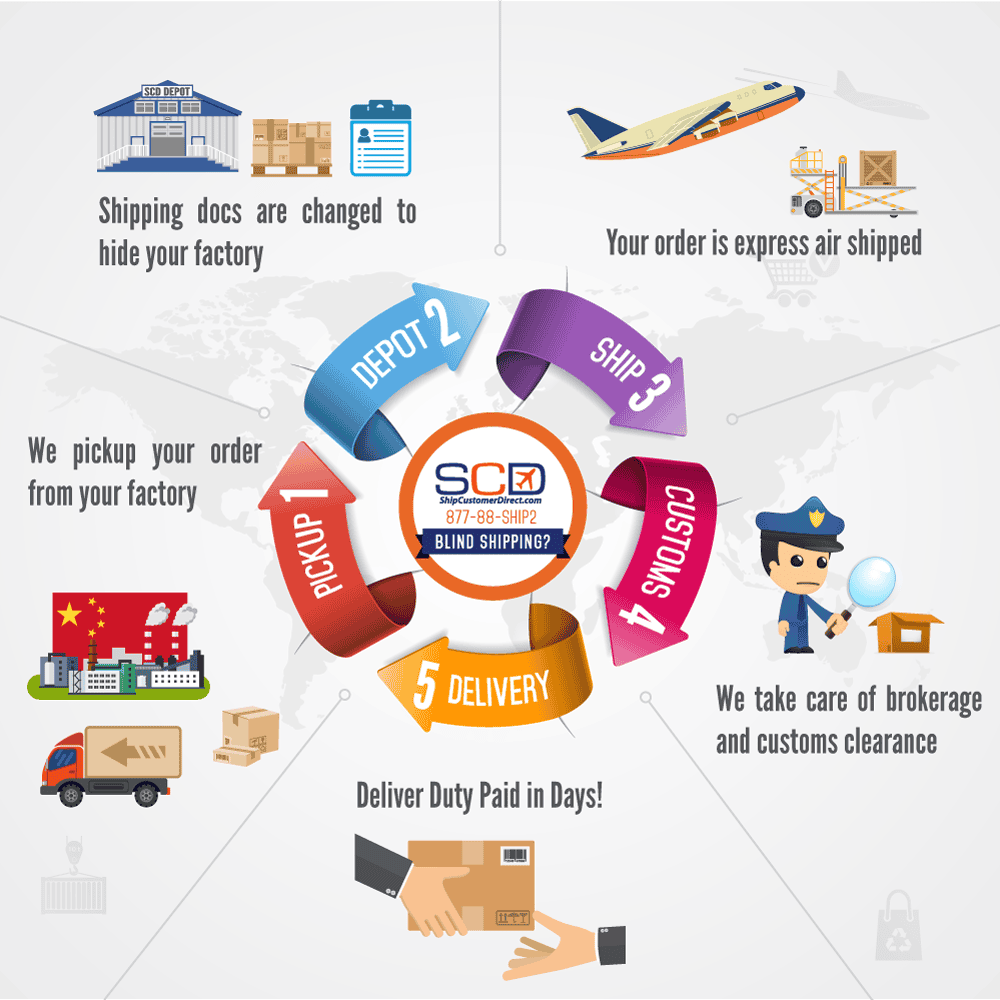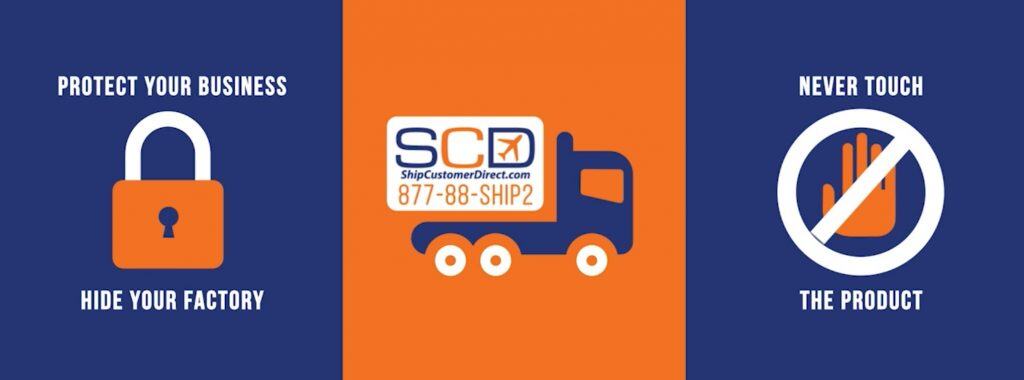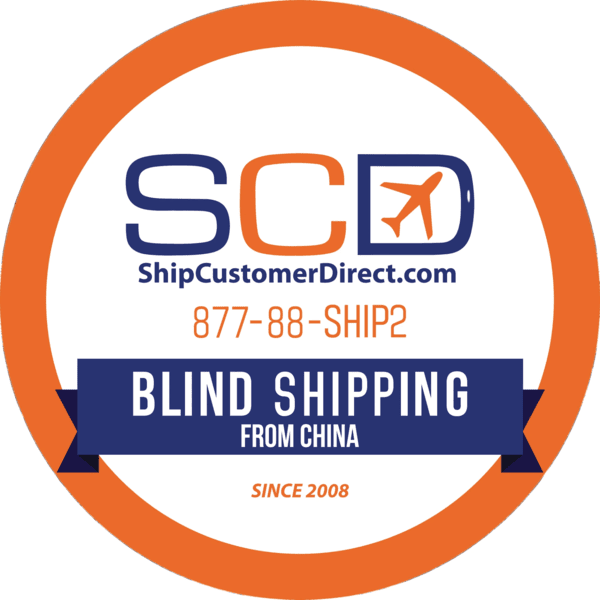China Supplier Asking for Your EIN?
Here’s What U.S. Importers Need to Know.
Your China supplier just asked for your EIN for importing from China — what now? Before you panic or hand it over, here’s what U.S. importers need to know about EINs, customs clearance, and protecting your supply chain.What Is an EIN and Why It Matters
If your China supplier is asking for your EIN (Employer Identification Number), you’re not alone. Many U.S. importers are surprised by this request — and unsure how to respond. This blog explains why suppliers ask, how the IRS and customs use this number, and what importers can do to protect themselves without giving up sensitive business data.
Why Do China Suppliers Ask for EINs?

China-based suppliers ask for EINs because shipping to the U.S. requires U.S. Customs and Border Protection (CBP) to identify who the goods are going to — the “ultimate consignee.” The EIN is a unique identifier that tells U.S. authorities where the goods are headed and who’s responsible for duties and taxes.
But here’s the catch: sharing your EIN gives overseas suppliers access to sensitive business information — including potentially who your customers are. That’s why smart importers protect their EIN and work through a blind shipping provider.
What Is an EIN?
An EIN, or Employer Identification Number, is a unique 9-digit number issued by the IRS to businesses operating in the U.S. It’s used to track tax responsibilities and is often required for imports, opening bank accounts, or filing certain forms. If you’re importing products from overseas, your EIN acts as a key identifier during customs clearance.
When Are You Required to Give Your EIN?

If you’re acting as the importer of record — meaning you are receiving goods from overseas into the U.S. — the EIN is typically required by U.S. Customs for formal entry. This is especially true when shipment value exceeds $2,500, or when goods require special classification.
The EIN is submitted as part of the entry paperwork to help Customs identify the “ultimate consignee” — the person or business responsible for the goods. If you’re using a customs broker, they may handle this process for you, but they’ll still need your EIN unless a blind shipping solution is in place.
Why Sharing Your EIN With a Supplier Puts You at Risk
When you give your EIN to a supplier, you’re not just providing an ID number — you’re giving them the ability to ship goods into the U.S. on your behalf. That means they could potentially access your end-customer’s delivery details, see your supply chain activity, or even work around you.
Many importers go to great lengths to prevent this by routing shipments through their own warehouse or a 3PL — repacking, relabeling, and reshipping just to keep supplier and customer identities hidden.
How Blind Shipping Solves the EIN Dilemma

Blind shipping lets you ship directly from your factory to your customer — without exposing your EIN, your supplier, or your buyer. As the importer, you stay in control of the transaction while we handle the compliance, labeling, and customs process behind the scenes.
At ShipCustomerDirect, we act as the importer of record or ultimate consignee, so you never have to share sensitive business information with your supplier. You get fast, direct delivery to your end customer — and your supply chain stays invisible.
Key Benefits of Blind Shipping with ShipCustomerDirect
- Avoid giving your EIN to overseas suppliers
- Prevent factory and customer from discovering each other
- Eliminate the need to receive, repack, and reship goods
- Speed up delivery from factory to end user
- Maintain full control and confidentiality of your supply chain
- Reduce compliance risks by using a U.S.-based consignee
- Present a polished, unified brand experience to your customer

Take Control of Your Imports — Without Sharing Your EIN
Your supplier doesn’t need your EIN — and you don’t need the headaches of repacking, relabeling, or risking supplier/customer exposure.
ShipCustomerDirect gives you fast delivery, full confidentiality, and total control — without touching a single box.


